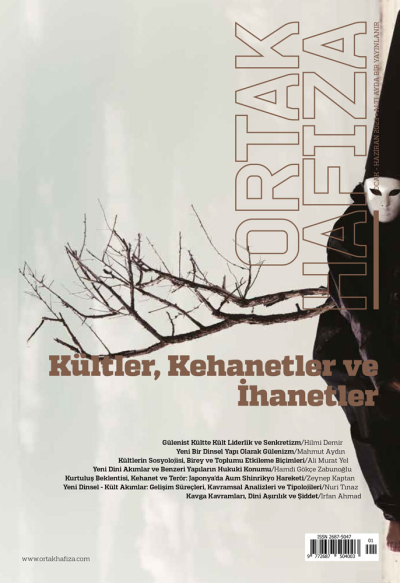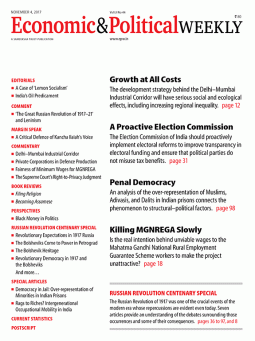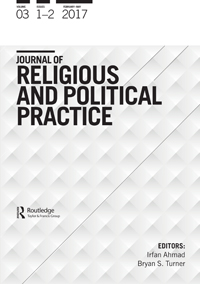Ahmad, Irfan. 2023. “Kavga Kavramları, Dini Aşırılık ve Şiddet: Hindu Milliyetçiliği ve Hint Demokrasisi Üzerine Düşünceler.” Ortak Hafza. 3(1): 104–115 (themed Issue, Kültler, Kehanetler ve İhanetler). In Turkish.
Abstract: This essay is organized into two parts. In part one, I explain what is a combat concept and offer its genealogy, recognizably a non-comprehensive one. In particular, here I discuss the works of two influential German thinkers – Reinhart Koselleck (1923–2006) and Carl Schmitt (1888 –1985) – with whom this term bears an association. With this conceptual layout, I move to the second part, which illustrates the working of combat concepts in Indian politics beyond party lines such as the rightist, the leftist, the centrist or the secular and the religious Hindu. My key contention here is that the axis of the hegemonic Indian/Hindu politics in terms of its combat concepts is Islam/Muslims. To this end and to demonstrate the operation of combat concepts in Indian Hindu politics, I focus on four of them as they relate to Islam and Muslims: Love-Jihad/Corona-Jihad, Pseudo-secular and Appeasement, Hindu Taliban and Cow Vigilante. Part two of this essay is prefaced with a short description of “Eurabia” as a combat concept and how it functions in European politics. My treatment of “Eurabia” is aimed at showing the utility as well as the effectiveness of combat concepts in understanding culture and politics beyond the specificity of India. In conclusion, I summarize the argument of this essay and reinforce the salience of combat concepts as central to our academic inquiry into the past as well as to the future. I do this by differentiating the valence of combat concepts vis-à-vis the “keywords” of Raymond Williams (1921–1990), an internationally well-known cultural theorist who worked as professor of drama at the Cambridge University.




